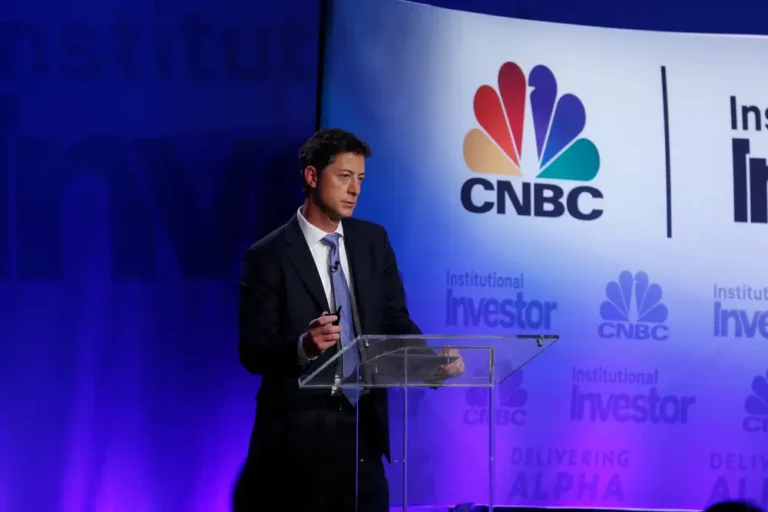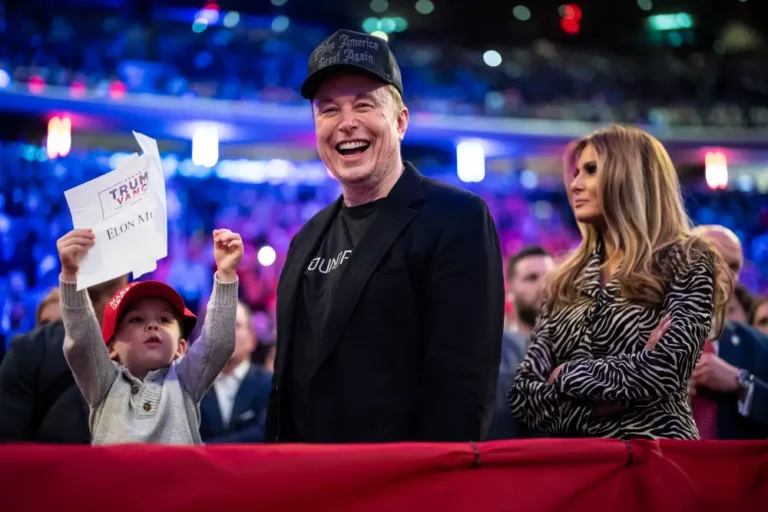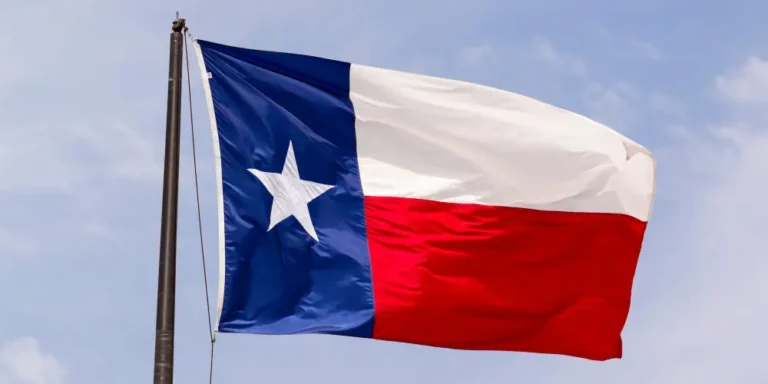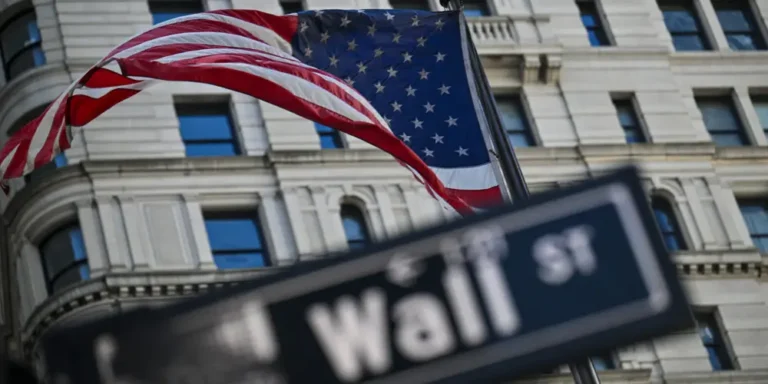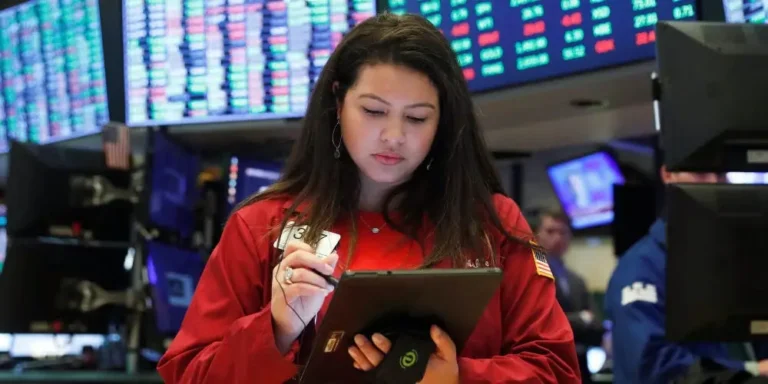Sports-betting insiders break down how ESPN’s huge gambling deal could reignite competition in the sector, and why they’re still cautious after a series of failed media tie-ups

- ESPN is finally getting its own sportsbook through Penn Entertainment.
- Many view the deal as a “win-win” for ESPN, Penn, and its former partner Barstool Sports.
- Industry insiders say the deal could signal a potential ESPN spinoff, disrupt competition, and more.
When Disney CEO Bob Iger took over as the owner of ESPN late last year, gambling industry insiders expected him to make quick work of developing a sports betting strategy. This week, they were proven correct. After years of speculation about whether, when, and how ESPN would enter the sports betting fray, the company announced a $2 billion deal with regional casino operator Penn Entertainment on Tuesday to create ESPN Bet. This fall, Penn will rebrand its US sportsbook with ESPN.
According to insiders, everyone is coming out of this deal looking good so far.
ESPN will receive a $150 million annual marketing commitment from Penn over the first ten years of the agreement — and it will still be able to sell ads to rival sportsbooks — though the agreement does grant Penn exclusivity on certain ad and sponsorship opportunities with ESPN. ESPN will also receive $500 million in warrants to purchase Penn stock. And Iger, who has been under pressure from investors to do more with ESPN, can now boast that he has a sports-betting play.
Penn is dumping Barstool Sports, the digital-media company it previously spent more than $500 million to acquire and make the face of its US sportsbook, as part of the agreement, and trading up with ESPN. Investors don’t seem to mind the pivot, as shares are up about 8% today.
“Penn saw the ceiling for Barstool as a betting brand and decided that ESPN likely had a higher ceiling,” Acies Investments partner Chris Grove told Insider. “You could also argue that ESPN is a better fit in terms of audience demographics and corporate culture.”
Meanwhile, Barstool founder Dave Portnoy receives full ownership of his company for the first time in a decade. Portnoy expressed his support for Penn and called the deal a “win-win” in a video posted on X, formerly known as Twitter, on Tuesday evening.
“The regulated industry — probably not the best place for Barstool Sports and the type of content we make,” said Portnoy in the video. “For the first time in forever, we don’t have to watch what we say, how we talk, or what we do.”
Insider spoke with eight gambling and media insiders, including executives, consultants, and analysts, who were excited about the new possibilities the deal could open up — from how a potential ESPN spinoff could increase competition in the sports betting sector to how ESPN could avoid the pitfalls that befell Fox’s failed gambling venture.
“The formal entry of ESPN into the world of sports betting may present challenges for competitors seeking to minimize customer acquisition costs, but should provide a substantially net positive impact on the industry as a whole,” said Lloyd Danzig, a gambling industry investor and M&A advisor at Sharp Alpha Advisor.
Here’s what industry insiders have to say about the transaction:
1. Disney spinning off ESPN could be a boon for the gambling industry
Some gambling industry insiders believe ESPN’s agreement with Penn is a step toward Disney spinning off its sports business as a separate entity.
Disney has been considering separating ESPN for some time. Last year, Dan Loeb’s hedge fund Third Point wrote a letter supporting this agenda, in part because it would allow ESPN to venture into sports betting without jeopardizing the Disney brand.
It could also be a boon for the gambling industry, propelling sports betting to new heights. The US industry has long waited for a major brand, such as ESPN or Fanatics, to bring sports betting into the mainstream.
“Some feel ESPN is undervalued within Disney and that it would be worth more as a standalone,” Danzig said. “There is also a lot of pressure from shareholders to make changes, given the stock price performance.”
ESPN could be especially appealing to a private-equity firm, as several have recently increased their investments in sports, according to industry insiders. ESPN’s top-tier sports rights, coveted audience, and burgeoning streaming business, for example, could be packaged with a gambling company.
However, the 10-year agreement with Penn could complicate any potential mergers — say, if a private equity firm wanted to combine ESPN with another gambling operator.
Brandon Nispel, an analyst at KeyBanc Capital who covers Disney, previously told Insider that he is concerned about ESPN’s financial future, but that the Mouse House should keep the sports network unless it is outbid.
While ESPN’s future is uncertain, Nispel told Insider Wednesday that the Penn deal gives him hope, given that Disney is getting a respectable $1.5 billion plus potential equity upside in exchange for simply licensing its brand and plugging the new sportsbook across its platforms.
“It’s not that big, but it’s incremental,” Nispel said of the transaction. “It demonstrates ESPN’s monetization beyond the traditional pay-TV environment.”
Nispel also sees little risk for the Disney brand as gambling becomes more widely accepted, noting that many people regard ESPN and Disney as separate entities.
2. ESPN and Fanatics’ entries could reignite competition
Penn is increasing its marketing budget in order to transition from a mid-tier operator to a market leader capable of competing with DraftKings and FanDuel, which currently account for more than 70% of the US sports-betting market.
In addition to allocating $1.5 billion for marketing through ESPN over a 10-year period, the company committed to spending $150 million per year on other marketing channels, bringing its total annual spend to $300 million. According to filings, FanDuel spent more than $600 million on marketing in the first six months of this year, while DraftKings’ parent spent more than $530 million.
Penn still has a long way to go in terms of market share. According to a July report from Macquarie that analyzed Vixio data, FanDuel and DraftKings dominate the US online sports betting and gambling market share, followed by BetMGM.
Penn stated in an investor presentation on Tuesday evening that it aims to capture 10% to 20% of the market.
“We believe the deal will propel the newly branded [online sportsbook] into the top three in market share across the United States and Canada over the next five years,” CFRA Research equity analyst Zachary Warring wrote in a research note on Wednesday.
Insiders in the industry, such as Max Bichsel of affiliate-marketing firm Gambling.com Group, are skeptical of that prediction.
“I’m looking at the dynamics of maintaining a 20% market share,” said Bichsel. “There are enough seats at the table, but I’m not sure there is enough food to go around for everyone.”
However, the ESPN deal is a step up for Penn.
“I’m not convinced that ESPN allows Penn to vault into a podium position, but it does increase Penn’s chances of doing so,” Grove said. “It’s also a marquee partnership that should be regarded as a win for Penn management, assuming the final price tag isn’t exorbitant.”
ESPN’s new competition, as well as Fanatics’ entry into sports betting, may divert operators’ attention away from a profitable path. But that’s more important to Wall Street now than the early days of sports betting’s growth-at-all-costs strategy.
“Are FanDuel and DraftKings concerned? “It’s not a good development for either company, but I don’t think either is panicking,” Grove said. “And both parties now have some certainty about ESPN’s market position.”
The biggest risk may come from Fanatics, which has been developing its own arsenal to conquer sports betting and will now have to compete with the incumbents as well as a formidable new entrant in ESPN.
“Fanatics has the most to lose here because they are trying to replicate the model, but they will never find media assets to compete with ESPN,” said one betting-industry executive who requested anonymity in order to speak freely about the market. “It’s difficult to see either of them becoming a tier-one operator in the space.”
3. How ESPN Bet can avoid a repeat of Fox Bet
While ESPN’s entry into sports betting has the industry buzzing right now, let’s not forget that recent history is littered with failed media forays into gambling.
Fox Bet, a joint venture between Fox and FanDuel owner Flutter, has recently closed. In the last year, FuboTV and Maxim Magazine both shut down their sports betting platforms. And 888’s SI Sportsbook, named after Sports Illustrated, has yet to capture a significant market share.
Penn and Barstool’s relationship was widely regarded as a successful media-gambling match until it, too, ran into difficulties.
According to Nispel, some industry insiders blamed Fox Bet’s demise on it being “a side project for Flutter,” with its main focus on FanDuel, while others thought the product itself wasn’t as good as other sportsbooks. Fox Bet had the brand and the audience, but it lacked a solid product, according to Bichsel.
“The people who do really well are the ones who focus on product,” Bichsel explained. “Penn appeared to be on track to do it exceptionally well, so if they take those same plans and apply them to ESPN, all signs point to them being very successful.”
Disney, on the other hand, took its time in striking this sports-betting deal rather than rushing in as some competitors did years ago, indicating that it is in it for the long haul.
It also has an existing fan base that overlaps with sports betting via its fantasy-sports platform, as well as a number of other touchpoints to cultivate audiences for the sportsbook.
“You think about ESPN and probably the largest free-to-play fantasy players in the country — they could bring alive the podcast, radio stuff, in all they do,” Ed Moed, CEO of Hot Paper Lantern, a marketing and communications firm that works with sports and gambling companies, said. “They already have a product that is extremely relevant.”
While Fox has other media assets, ESPN is all in on sports, according to Dan Wasiolek, a Morningstar analyst who covers Penn Entertainment. So, while Fox Bet failed, ESPN’s brand identity and larger audience can keep it from following suit.
“ESPN is just sports — all-day sports — that’s all it is,” Wasiolek explained. “And so I think it makes more sense that ESPN would want to and should be in this fast-growing space of online sports betting than maybe Fox, who is kind of a combination.”

